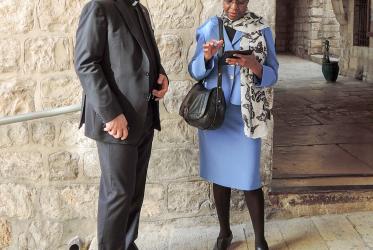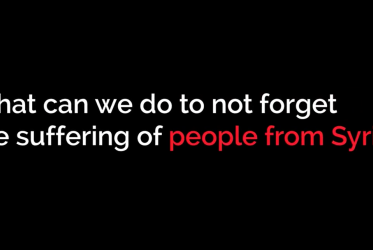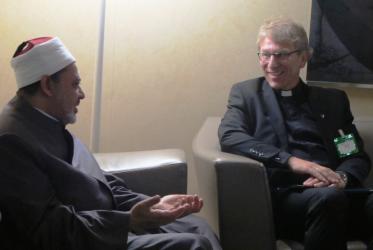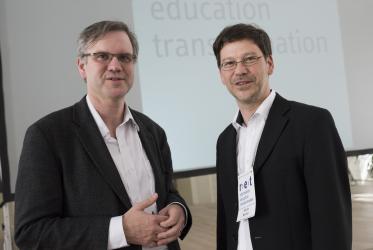Displaying 121 - 140 of 181
02 March 2017
WCC Blue Community implements water changes in the Ecumenical Centre
16 February 2017
Children from Bethlehem in key role, as WCC shares Christmas message
22 December 2016
Dialogue flourishes between WCC, Muslim Council of Elders
30 September 2016
WCC general secretary reflects on peace in Palestine and Israel
20 September 2016
Hielke Wolters: Apostle of mission strategies
01 August 2016
Facilitating peace with passion
26 July 2016
‘Unprecedented times of hopelessness’ in Holy Land
11 July 2016
Peace, health and education are Gaza's future
24 May 2016










